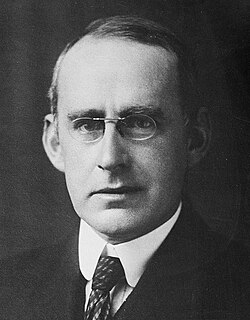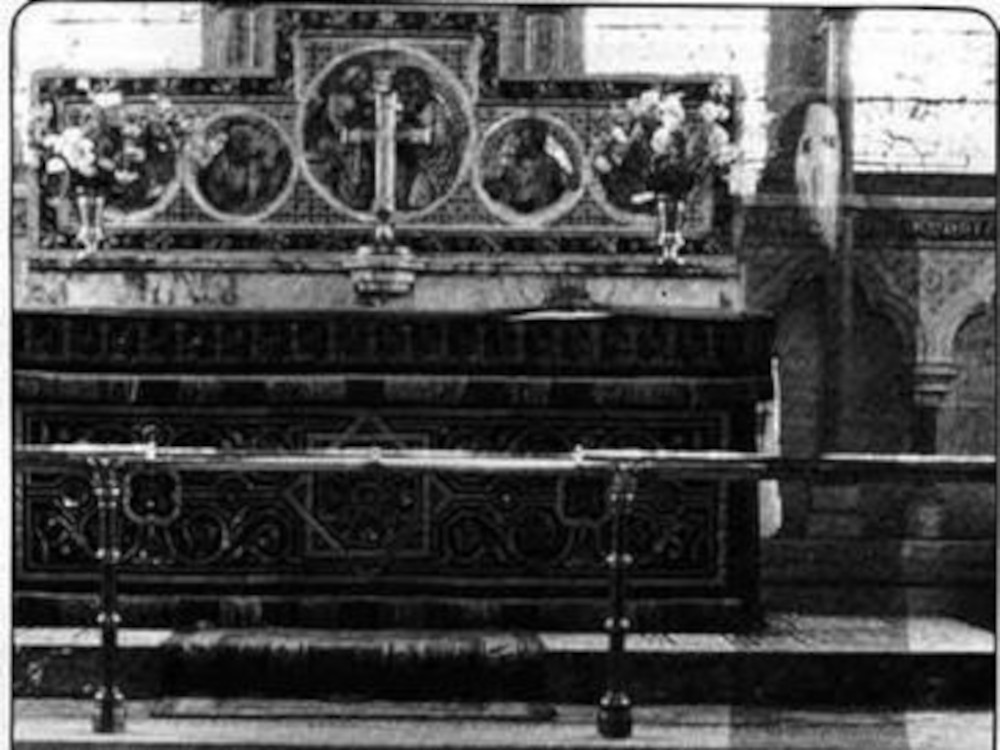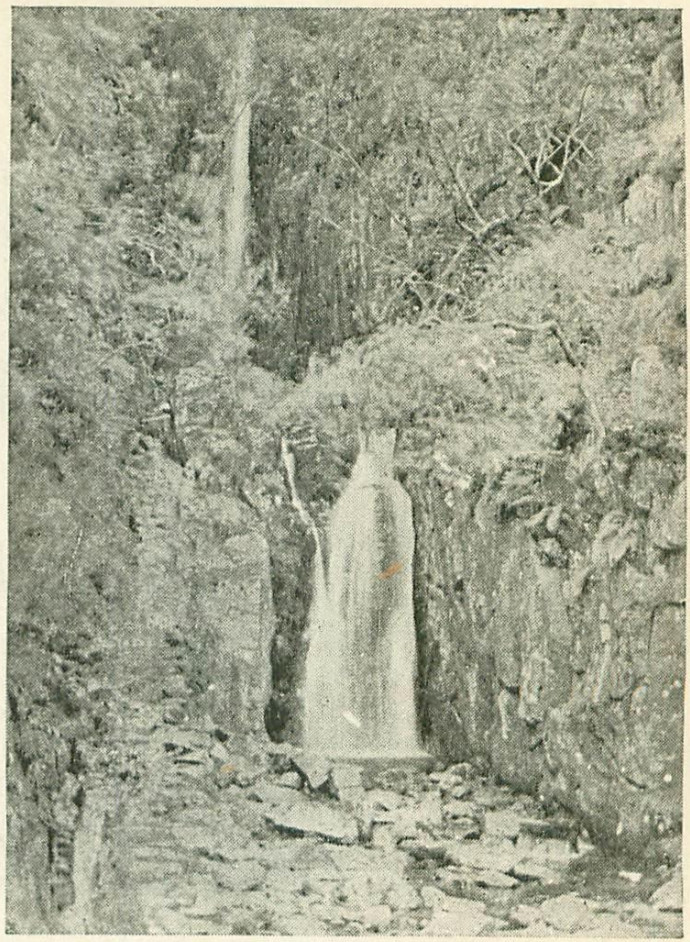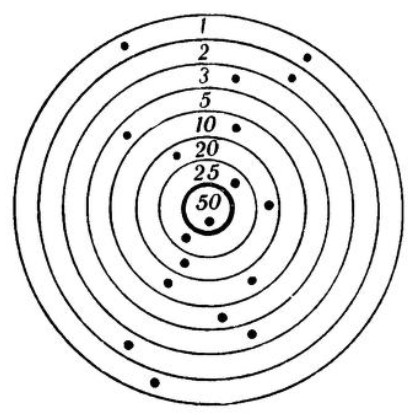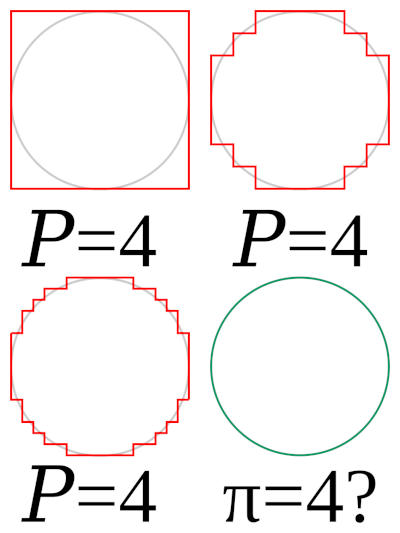Just a bit of trivia: In the New South Wales railway system, the telegraph code RYZY meant:
Vehicle No ….. may be worked forward to ….. behind the brakevan of a suitable goods train during daylight provided locomotive branch certifies fit to travel. If the damaged vehicle is fitted with automatic coupling it must only be worked forward behind a brakevan also fitted with automatic coupling by connecting the automatic couplers on each vehicle but, if fitted with ordinary drawgear, it must be screw coupled. Westinghouse brake to be in use throughout train and on damaged vehicle. Guard to be given written instructions to carefully watch vehicle en route.
This reduced a 90-word message to four letters.

